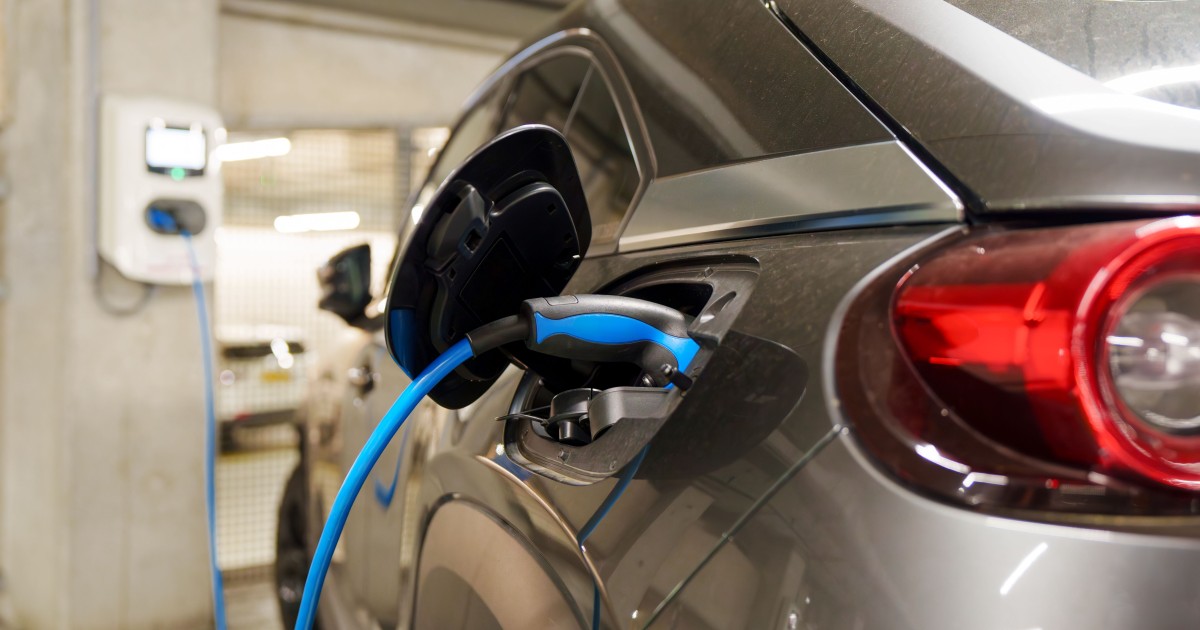
The Critical Role of Charging Infrastructure in Affordable Housing: Ensuring Access to Electric Vehicles for Underserved Communities
Recent research underscores the importance of implementing electric vehicle (EV) charging infrastructure in new affordable housing developments, particularly those targeting lower-income families. As the demand for EVs is anticipated to rise significantly in the coming years, mainly driven by decreasing vehicle prices and expanding consumer adoption, the need for adequate charging facilities has become increasingly urgent. However, many multi-family residential properties, particularly in economically constrained neighborhoods, may lack the necessary charging access to support this automotive transition.
A report by the American Council for an Energy-Efficient Economy (ACEEE) reveals that while some innovative developers have proactively installed EV chargers or provided the necessary infrastructure for future installations, there remain systematic barriers to widespread adoption. The experiences of these developers can serve as instructive case studies for others in the field.
One of the key findings of the report is the financial logic supporting the inclusion of EV chargers during the construction phase of new developments. Developers reported that installing charging stations at this stage not only future-proofs their properties but also aligns them with evolving tenant expectations. Given the tight budgets that characterize affordable housing projects, minimizing future retrofit costs has emerged as a vital strategy for maintaining long-term financial viability.
Expert recommendations suggest that building codes mandating electrical capacity for future EV charger installations could normalize EV readiness as a standard element within the construction process. However, many existing codes include exemptions for affordable housing, inadvertently impeding equitable access to charging infrastructure. This highlights a critical need for updated regulations that encompass all housing types, ensuring that lower-income residents are not sidelined in the transitioning automotive landscape.
Financial support and technical assistance play crucial roles in the successful integration of EV infrastructure. Developers frequently sought EV installations to access state grants or green financing, but the often complex application processes can deter engagement. Streamlining funding mechanisms and creating accessible pathways for developers could incentivize participation in this initiative.
Partnerships with car-sharing programs and charging providers have also proven valuable in alleviating the financial and logistical complexities of installing EV infrastructure. Such collaborations can enhance project feasibility by extending financial resources and operational insights.
The report emphasizes the importance of early coordination among developers, utilities, and other stakeholders to address electrical load requirements and logistical considerations effectively. Delays in obtaining utility information can pose significant risks to project timelines and budgets. Therefore, state energy offices are encouraged to take on a more proactive role, providing necessary resources and expert guidance during the planning and installation stages.
An efficient approach to operational planning, initiated during the installation phase, emerges as a critical factor in avoiding future complications. Decisions regarding the accessibility of charging stations significantly influence hardware and software selection, impacting the overall user experience.
As the transportation landscape continues to shift toward electrification, it is imperative for developers to leverage available support, cultivate strategic partnerships, and adopt equitable policies. This concerted approach will ensure that the advancement of charging infrastructure rises in tandem with EV adoption, contributing to an inclusive transition that benefits all residents, regardless of income level.


